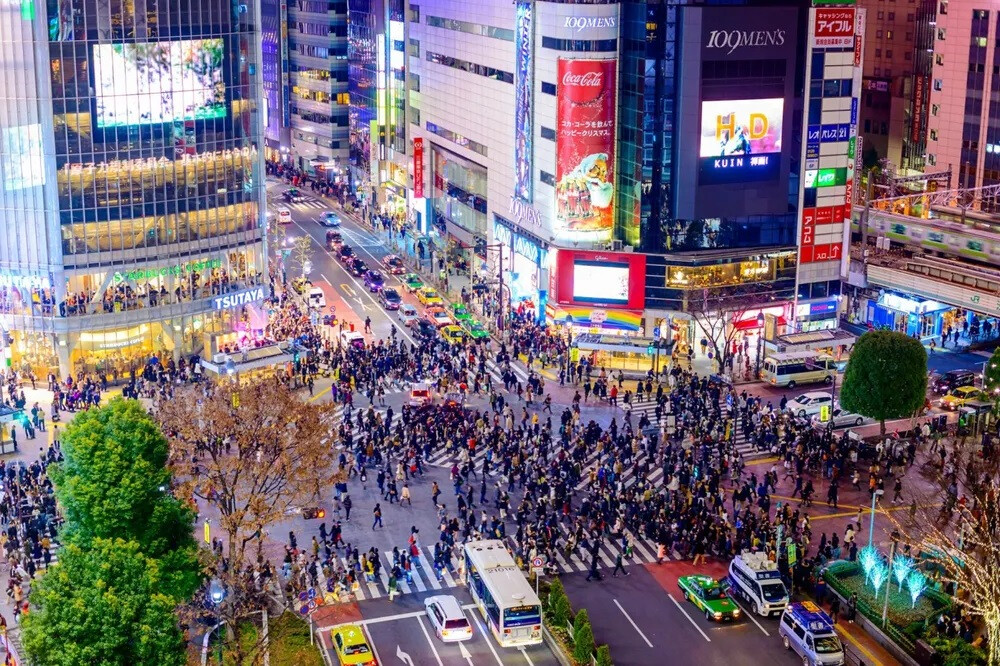
TOKYO – In a strategic move to combat domestic stagnation and capitalize on the surging popularity of Korean culture, major South Korean department store giants are setting their sights on Japan. Leading the charge are Shinsegae and Hyundai Department Store, both of which are aggressively expanding their presence in Tokyo's fashion and retail heartlands. This bold push into a market long considered a stronghold for Japanese retailers reflects a new ambition for K-fashion and K-beauty brands to gain global traction.
Shinsegae Department Store recently signed a memorandum of understanding (MOU) with Japan’s Tokyu Group, a powerful conglomerate with a vast network of railway lines and prime commercial real estate. The partnership is a significant step, focusing on collaboration in branding, promotions, and business models. Shinsegae's initial plan is to leverage Tokyu's commercial facilities to reach Japan's younger demographics.
Next month, Shinsegae will launch a pop-up store for its fashion brand, Shinsegae Hyperground, at the iconic Shibuya 109 shopping center. The store will feature popular K-fashion labels like Muscent and 3.280, which have garnered a strong following among Gen Z. Shibuya, known for its daily foot traffic of up to 3 million people and its status as a hub for both international tourists and young locals, is the perfect launchpad for this new venture. This initial foray is just the beginning, as Shinsegae plans to gradually expand its business, with long-term goals of deeper collaboration with Tokyu.
Not to be outdone, Hyundai Department Store is also accelerating its Japanese market strategy. Last week, it opened its first permanent retail store in Japan, located at Parco Shibuya, marking a significant milestone for a South Korean department store. The store initially showcased the brand Trimmingbird, made famous by K-pop idols, and was met with an enthusiastic response. Building on this success, Hyundai plans to open a large-scale flagship store in the fashion-centric Omotesando shopping district early next year. Over the next five years, Hyundai aims to establish a total of five retail shops in Japan. In addition to brick-and-mortar stores, Hyundai is also expanding its digital footprint, having made a strategic investment of 30 billion won (approximately $22 million USD) in MediQuarters, a Japanese startup specializing in online fashion.
This aggressive international expansion comes at a critical time. Both Shinsegae and Hyundai have seen their domestic sales plateau. Shinsegae's revenue dipped from 12.49 trillion KRW in 2022 to 11.49 trillion KRW last year, while Hyundai's sales only saw a modest increase from 10.06 trillion KRW to 10.52 trillion KRW during the same period. The move to Japan is seen as a crucial strategy to find new growth engines and to build global competitiveness before expanding into other regions like Southeast Asia.
"The Hallyu boom in Japan is at an all-time high," a Shinsegae official stated. "We felt it was the right time to introduce K-brands to Japan."
A Hyundai official echoed this sentiment, adding, "The pop-up stores we've held in Tokyo and Osaka since last year have exceeded our expectations, which has given us the confidence to expand with permanent stores."
With the Korean Wave showing no signs of slowing down, South Korean department stores are poised to carve out a significant niche in the highly competitive Japanese retail landscape, bringing the best of K-fashion and beauty to a new, eager audience.
[Copyright (c) Global Economic Times. All Rights Reserved.]




























